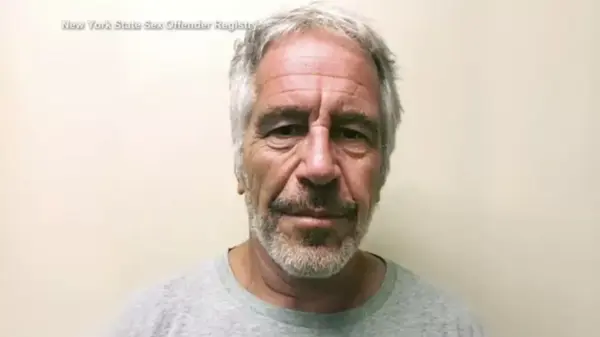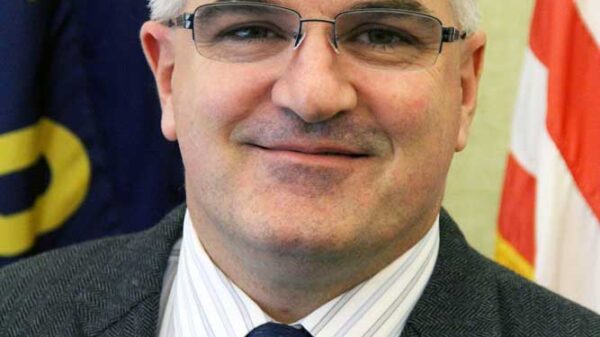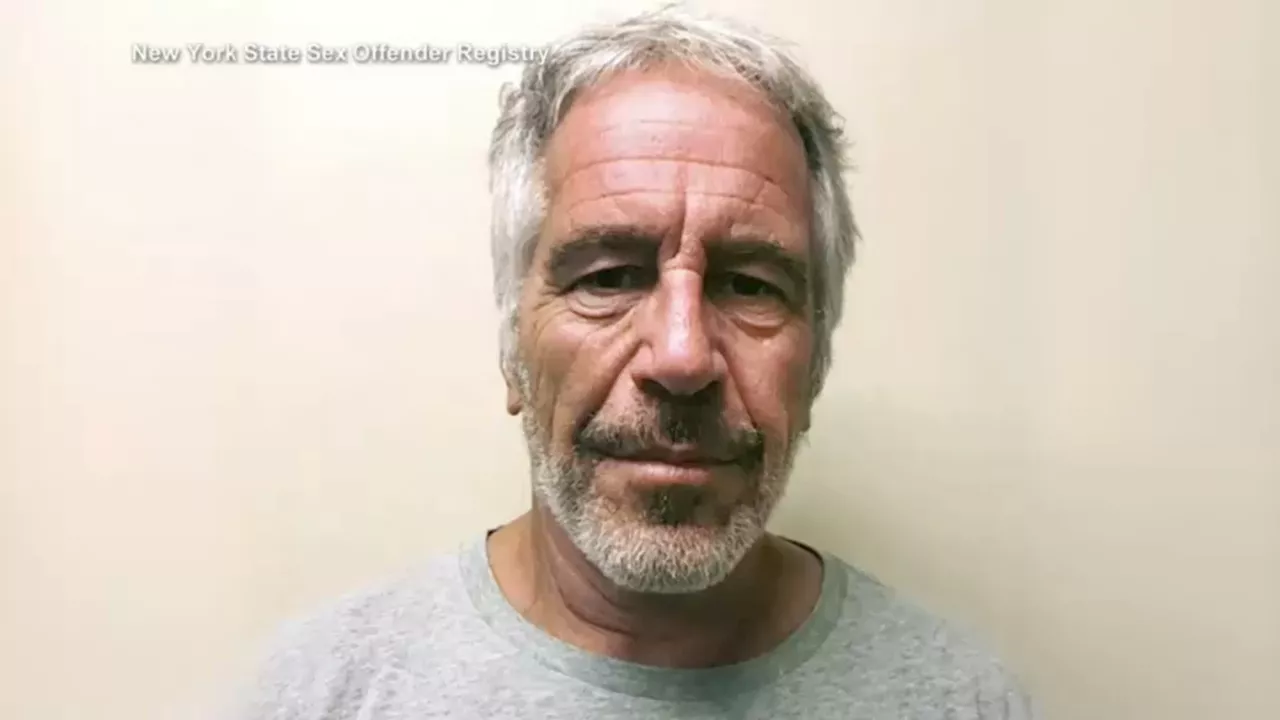The U.S. Department of Justice has renewed its request to unseal grand jury materials related to the sex trafficking case of the late financier Jeffrey Epstein. This renewed effort follows a recent Congressional action that the department argues provides a clear mandate for the release of these investigative materials.
The request was submitted on Monday in a Manhattan federal court, signed by U.S. Attorney Jay Clayton. The Justice Department contends that the law signed by President Donald Trump allows for the unsealing of these documents, which include grand jury transcripts that have previously been kept confidential.
Judge Richard Berman, who oversaw Epstein’s case in 2019, had previously denied a request to release the grand jury records. In his August ruling, Berman stated that there was a “significant and compelling reason” to maintain the confidentiality of the transcripts, arguing that the information contained within them is less substantial than the numerous documents already available to the Justice Department. He noted that the department possesses over 100,000 pages of materials related to Epstein, which “dwarf the 70 odd pages of Epstein grand jury materials.”
The grand jury presentation primarily featured testimony from an FBI agent who had no direct knowledge of the case, with much of the testimony being hearsay. The grand jury sessions included a PowerPoint presentation and a call log. The proceedings culminated in an indictment of Epstein on July 2, 2019, following a vote by the grand jurors. Epstein was arrested four days later, but he was found dead in his cell at a Manhattan federal jail on August 10, 2019, in what authorities have ruled a suicide.
In addition to Judge Berman’s ruling, two other judges have also denied requests for the public release of materials related to Epstein’s extensive history of sexual abuse involving young women and girls. The Justice Department’s updated request highlights its belief that the Congressional action overrides previous legal barriers.
As this case unfolds, the Justice Department aims to comply with the requirements set forth in the new law, which mandates the release of unclassified records related to Epstein within a specified timeframe. The outcome of this renewed push to unseal the grand jury materials could have significant implications for ongoing discussions surrounding Epstein’s actions and those connected to him.
The Justice Department’s commitment to transparency reflects a broader societal demand for accountability in high-profile cases, especially those involving allegations of sexual exploitation. The forthcoming judicial response to this request will be closely monitored, as it may reveal new insights into the Epstein investigation and its extensive ramifications.



































































